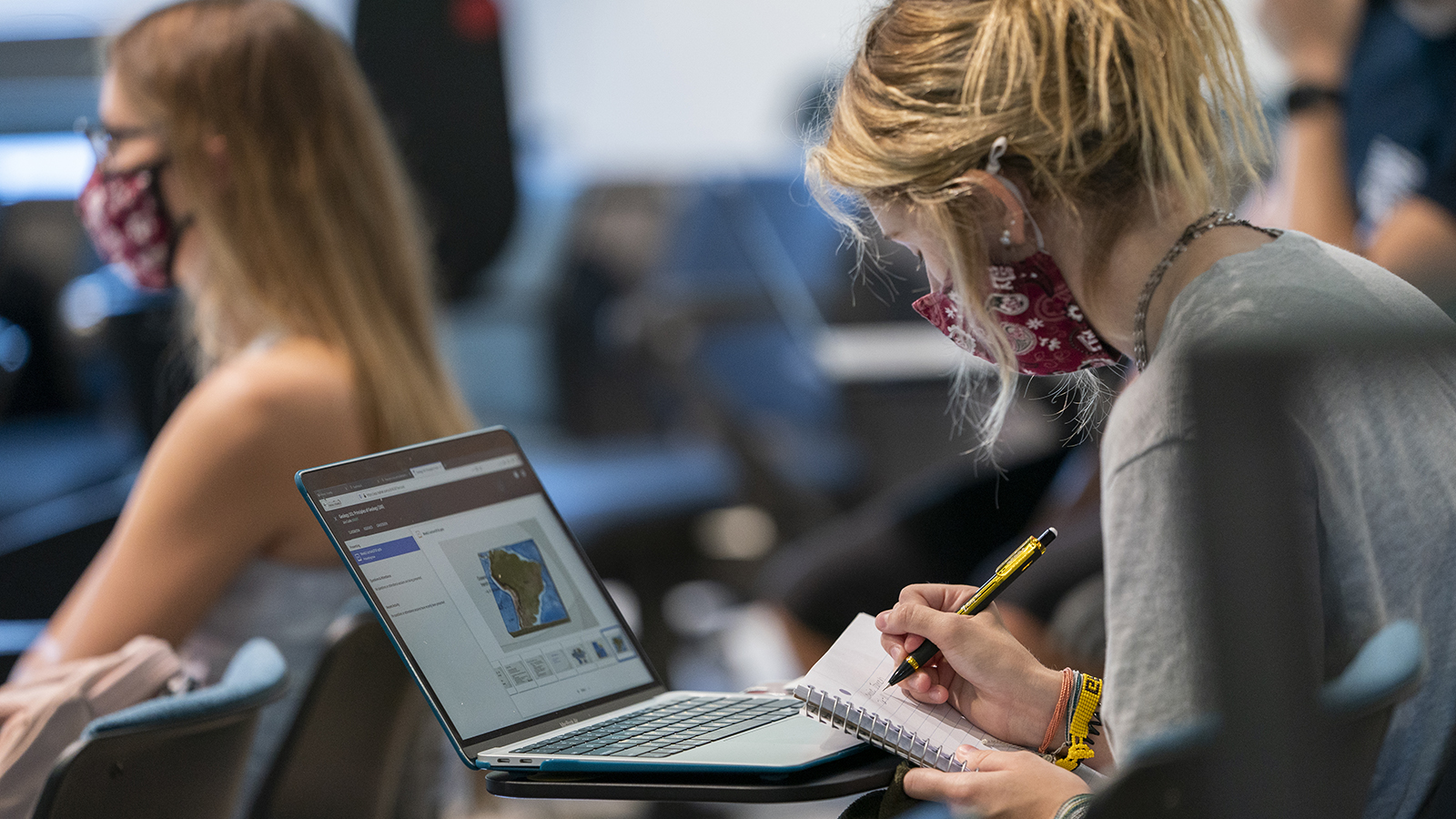From the CIO
If asked for three words to describe 2020, unprecedented, challenging and uncertain would be at the top of many of our lists. However, the response of Texas A&M University and the Division of Information Technology brings to mind very different descriptors - prepared, focused and resilient. Aggies consistently embody these words at the best of times, but during the uncertain and challenging season of an unprecedented pandemic - the effort, ingenuity and determination of the entire A&M community added a new depth to these qualities.
The Division of IT strives to be prepared for the unexpected. The university was well positioned for the quick move to virtual learning as we already utilized cloud storage, implemented Zoom, and had a Microsoft 365 contract in place. As the campus moved online, cyber criminals upped their game and changed tactics, focusing more on exploiting passwords and accounts than infecting devices. Our robust cybersecurity program uses a holistic approach combining state-of-the-art software and monitoring tools with security experts, enabling us to quickly adjust and protect campus.
The pandemic created laser focus for the entire university as we worked together to tackle COVID-19 in a myriad of ways. In early 2020, the Division of IT launched the Secure Technologies for Aggie Researchers (STAR) initiative, and then used the platform to create a cutting-edge COVID dashboard and reporting tool. The dashboard was essential in giving university leadership real-time data that allowed students and employees to return to campus safely.
When Texas A&M announced the return of in-person classes for the fall, the Division of IT worked with university leaders to find and outfit many non-traditional spaces for learning - ensuring adequate social distancing. We focused around the clock to install Wi-Fi in meeting rooms, theaters, arenas and parking lots across campus to enable the university to safely continue its mission.
A commitment to resilience was displayed by the entire division.When the lockdown began, demands for tech support soared. Help Desk Central quickly converted its in-person call center to a virtual one and then helped train faculty to use Zoom and move classes online. Employees not typically handling support began answering phone calls and providing technical assistance. The Division also instituted monthly "CIO Coffee and Conversation" sessions, allowing all of us to stay connected and informed about key projects and priorities.
" Higher Education saw more innovation in 12 months than the past several years."

When the challenging climate extended outside the pressing health concerns of COVID-19, once again, the division turned a challenge into an opportunity to have important conversations about diversity and inclusion, as well as launching a series of virtual book clubs to help employees stay connected while discussing these incredibly important and timely topics.
Higher Education saw more innovation in 12 months than the past several years. This innovation would not be possible without the incredible team of professionals I am privileged to lead. I have no doubt we will use the lessons learned during this pandemic to emerge stronger and more innovative than ever.

M. Dee Childs
Vice President for Information Technology
& Chief Information Officer